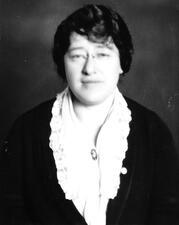Activism: Women's Rights
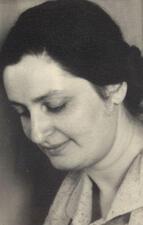
Hannah Karminski
During the mid-1920s and the 1930s in Germany, Hannah Karminski served as secretary of the League of Jewish Women and, from 1924 to 1938, as editor of its newsletter. After the forced liquidation of the League in 1938, Karminski remained in Germany and continued her work in the Reich Association of Jews in Germany, assisting with the kindertransports and welfare. She was deported to Auschwitz and murdered in 1942.

Yehudit Karp
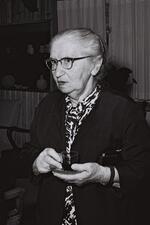
Rahel Katznelson
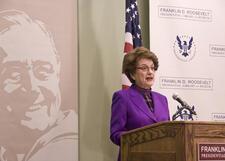
Judith S. Kaye
Judith S. Kaye was the first woman to serve as chief judge of the state of New York and chief judge of the Court of Appeals of the state of New York.
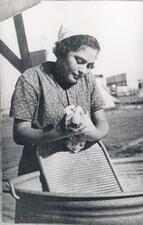
Kibbutz
Although the kibbutz was intended as an equalitarian, democratic utopia, attempts to achieve gender equality have been limited by traditional masculinities and male-controlled spheres and gender inequalities have persisted.
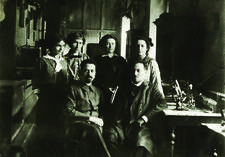
Cecilia Klaften
Cecylia Klaften, a pedagogue and a civic activist from Lvov (Galicia/Eastern Lesser Poland), implemented social reform projects and especially promoted the founding of vocational schools for women in interwar Poland. In the 1920s she was one of the founders of the Jewish Women’s Association and the WIZO Jewish Women’s Organization for Pro-Palestinian Work in Lvov. In the 1930s she was politically active for Lvov’s City Council.
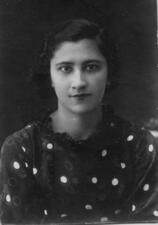
Leike Kogan
Lía Gilinski de Kogan, known as Leike Kogan (1911-2001), was a prominent activist in the Yiddisher Kultur Farband (YKUF/ ICUF) and its women's movement (Organización Femenina del ICUF, OFI), linked to the Yiddish-speaking section of the Argentine Communist Party. She stood out as a leader and teacher in the schools belonging to this network.
Kolech: Religious Women's Forum
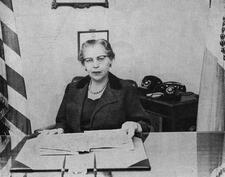
Anna Moscowitz Kross
Matilda Steinam Kubie
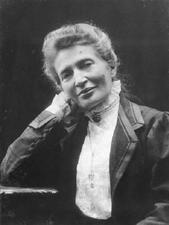
Anna Kuliscioff
Born in Russia but educated in Switzerland, Anna Kuliscioff became one of the key figures in Italy’s early socialist movement and was a feminist advocate who concentrated on poor women’s issues. In her later life, she helped publish a socialist periodical and hosted a prominent salon, often with her partner Filippo Turati.
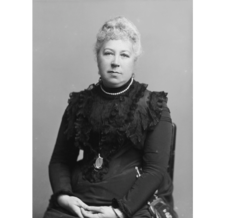
Constance Rothschild, Lady Battersea
Constance Rothschild Lady Battersea was a link between English and Jewish feminism, as she convinced upper- and middle-class Anglo-Jewish women to join English feminist groups such as the National Union of Women Workers and encouraged them to create Jewish women’s organizations, such as the Union of Jewish Women and the Jewish Association for the Protection of Girls and women, which allied themselves with the women’s movement.
Linda Lavin
A prolific performer on stage and small screen, actor-singer Linda Lavin has been a role model for many of America’s working women. While her Jewish heritage has not always been the focus of her career, she has powerfully portrayed Jewish women whenever the roles have come her way—which they increasingly do.
Law in Israel
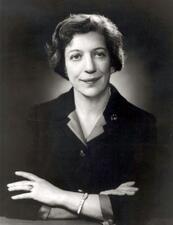
Law in the United States
Lawyers in Germany and Austria
German and Austrian women were first allowed to enter careers in law in the mid-1920s, following rules permitting their admittance to universities at the turn of the century. Although women were a small proportion of all lawyers, judges, and prosecutors in Germany and Austria, Jewish women were a significant group among those women, and they often faced both religious and gender-based discrimination.
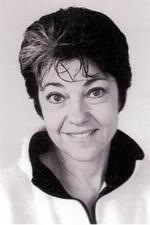
Margaret Lazarus
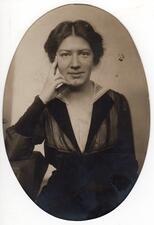
Käthe Leichter
A socialist feminist with a doctorate in political economy, Käthe Leichter was a prominent figure in “Red Vienna” during the interwar years. As a politician, labor organizer, and author, she dedicated her life to benefitting working-class women through social and political reform, and to the struggle against fascism.
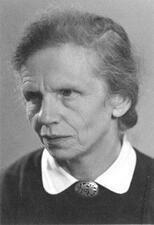
Emma Levine-Talmi
Politician and writer, Emma Levine-Talmi, grew up in a liberal Jewish home in Warsaw before immigrating alone to Palestine in 1924 at the age of nineteen. She was active in Kibbutz life before becoming a member of Knesset for the Mapam party. During her time in the Knesset, she engaged in social issues, including, equal rights for women.

Fanny Lewald
Fanny Lewald was a successful and respected writer in nineteenth-century Germany. She established a salon in Berlin and became tremendously productive, writing novels, essays, and articles. In her influential autobiography, she argued for the emancipation of women. Lewald believed that women’s professional work was the basis of their liberation.
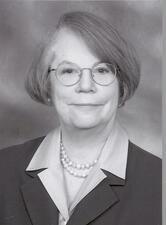
Ann Lewis
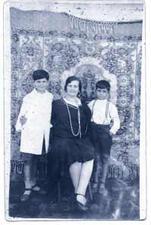
Raquel Liberman
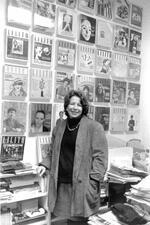
Lilith Magazine

Clara Lipman
